'Green' chemical companies enjoy better cash flow, study finds
 Chemical companies that make sustainable business practices a priority don’t just win pretty gold stars for going green … they actually enjoy much richer cash flows that benefit their bottom lines.
Chemical companies that make sustainable business practices a priority don’t just win pretty gold stars for going green … they actually enjoy much richer cash flows that benefit their bottom lines.
“Sustainable value is created when a company uses its resources more efficiently than the market average,” said Frank Figge, co-author of a new study titled, “Sustainable Value Creation by Chemical Companies.” “The study shows that there are significant differences between the sustainability performance of the different chemical companies.”
The study assesses the sustainable value of nine global chemical companies: Air Liquide, BASF, Bayer, Dow Chemical, DSM, AKZO, DuPont, Reliance and Shell Chemicals. In scoring the companies’ performances, researchers found large differences in how each one manages its resources.
Those resources included:
- Total assets;
- Water use;
- Chemical oxygen demand of waste water;
- Hazardous waste creation;
- Emissions of greenhouse gases and volatile organic compounds, as well as acidification potential; and
- Number of employees and accidents.
Figge, a researcher at Queen’s University Management School Belfast, developed the assessment method with Tobias Hahn of Euromed Management School Marseille. They authored their study with researchers from the Institute for Futures Studies and Technology Assessment in Berlin.
So how did the different companies fare? The study shows that France’s Air Liquide and Germany’s BASF — which also happens to be the largest chemical company in the world — use their resources up to five times more efficiently than their competitors. That’s more than a feel-good achievement, too: their sustainability efforts in 2007 helped create around €1 billion more in cash flow for each company compared to competitors with the same amount of resources.
Air Liquide proved to be the top performer of the nine companies studied, using its resources 1.7 times more efficiently than its competitors on average. Bayer also showed up on the plus side of the equation, using its resources 1.2 times more efficiently than its competitors, about the same as BASF, the study found. (Note: The authors do point out that BASF “provided financial support for this study,” but added, “At no time has BASF SE had any influence on the content or findings of this publication.”)
Landing at the bottom of the stack was US-based Down Chemical, which used its resources only half as efficiently as its competitors on average. The cost to its bottom line? About €2.2 billion in lost cash flow.
“In comparison to other studies looking at the sustainability performance of this sector, our study looks at the ‘real’ performance, which considers environmental and social impacts,” Figge said. “Our study is based on economic theory and provides companies with an unprejudiced assessment of their performance. The results can be used by companies to find out where they stand compared with their peers and also to identify the individual strengths and weaknesses of their performance.”




